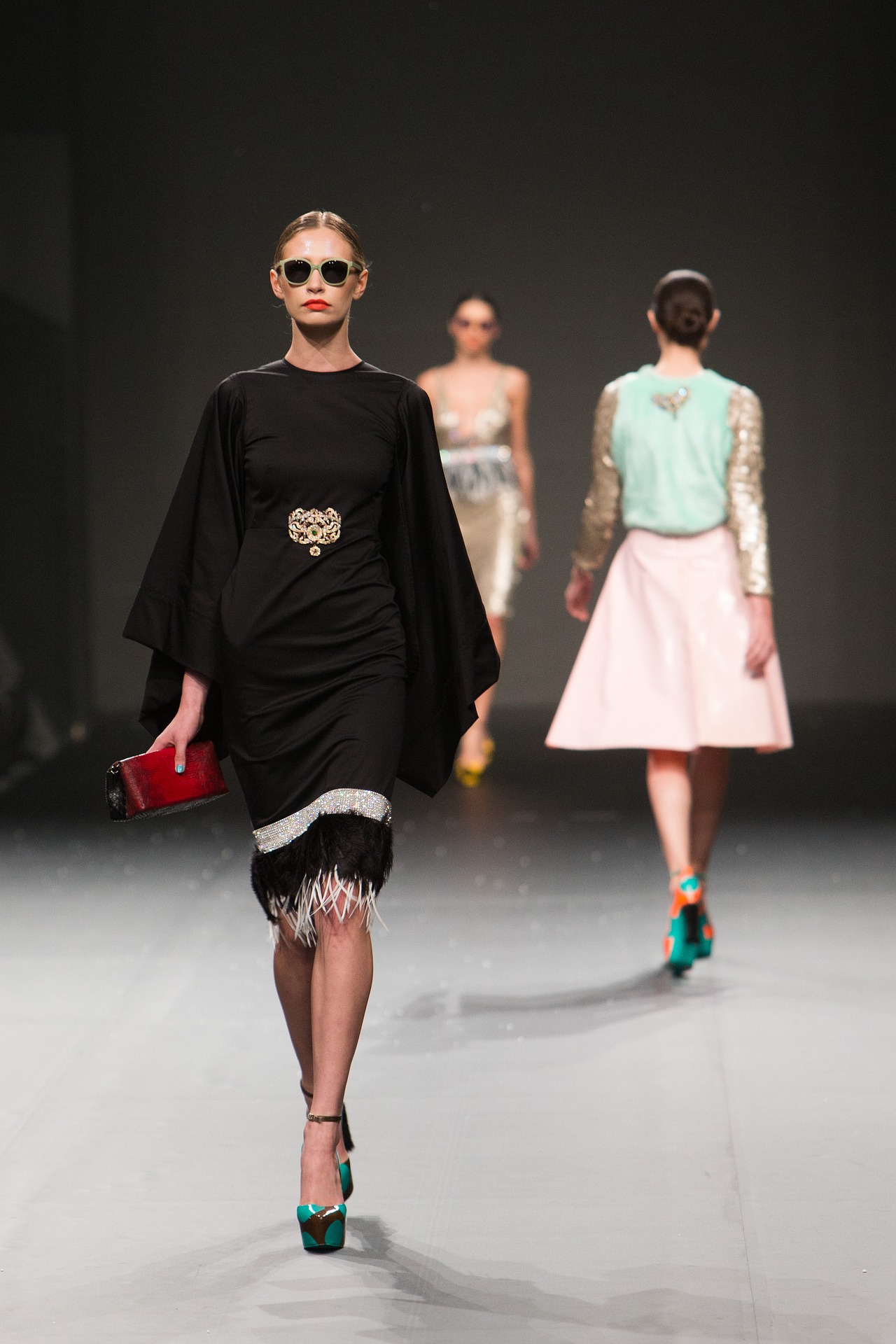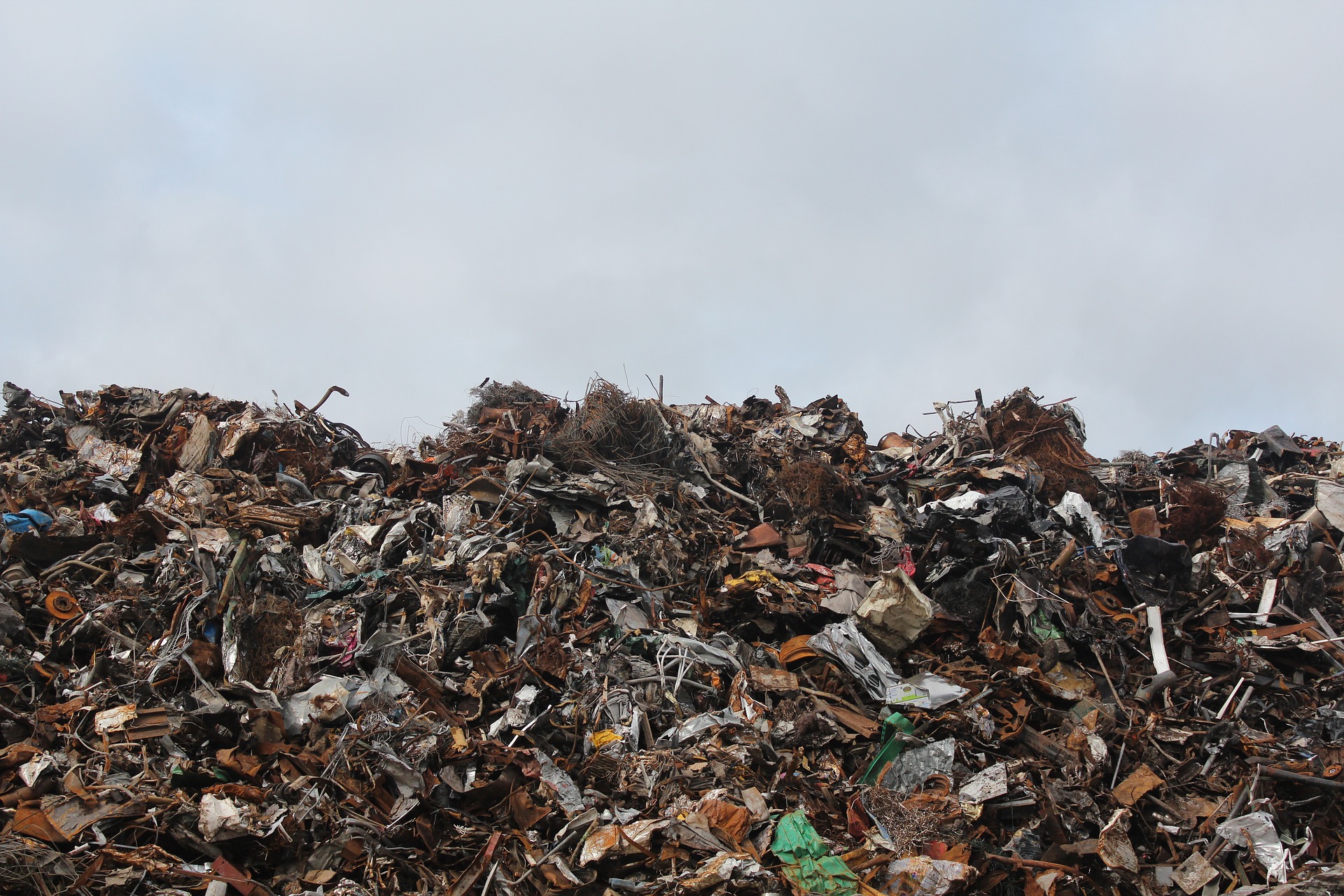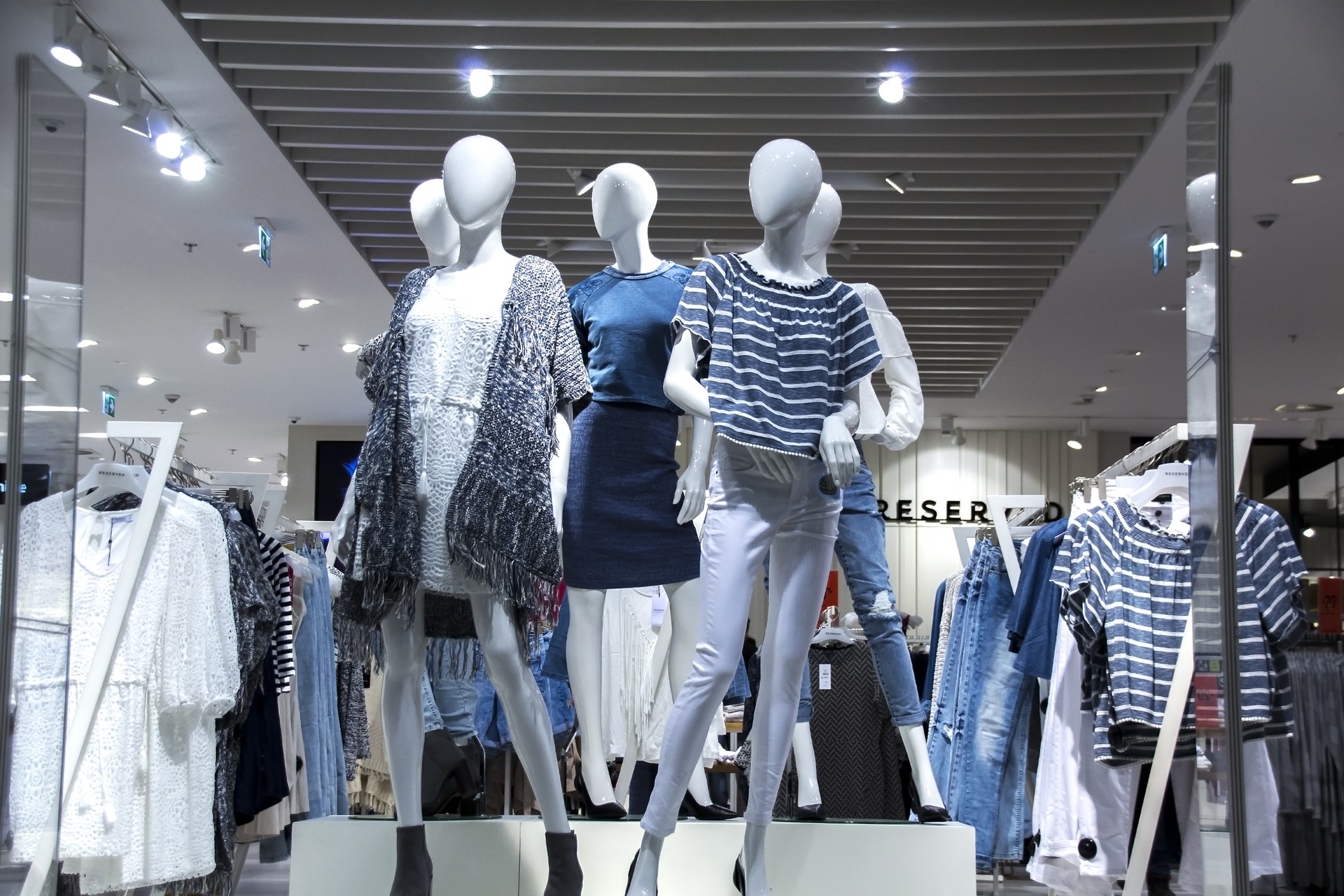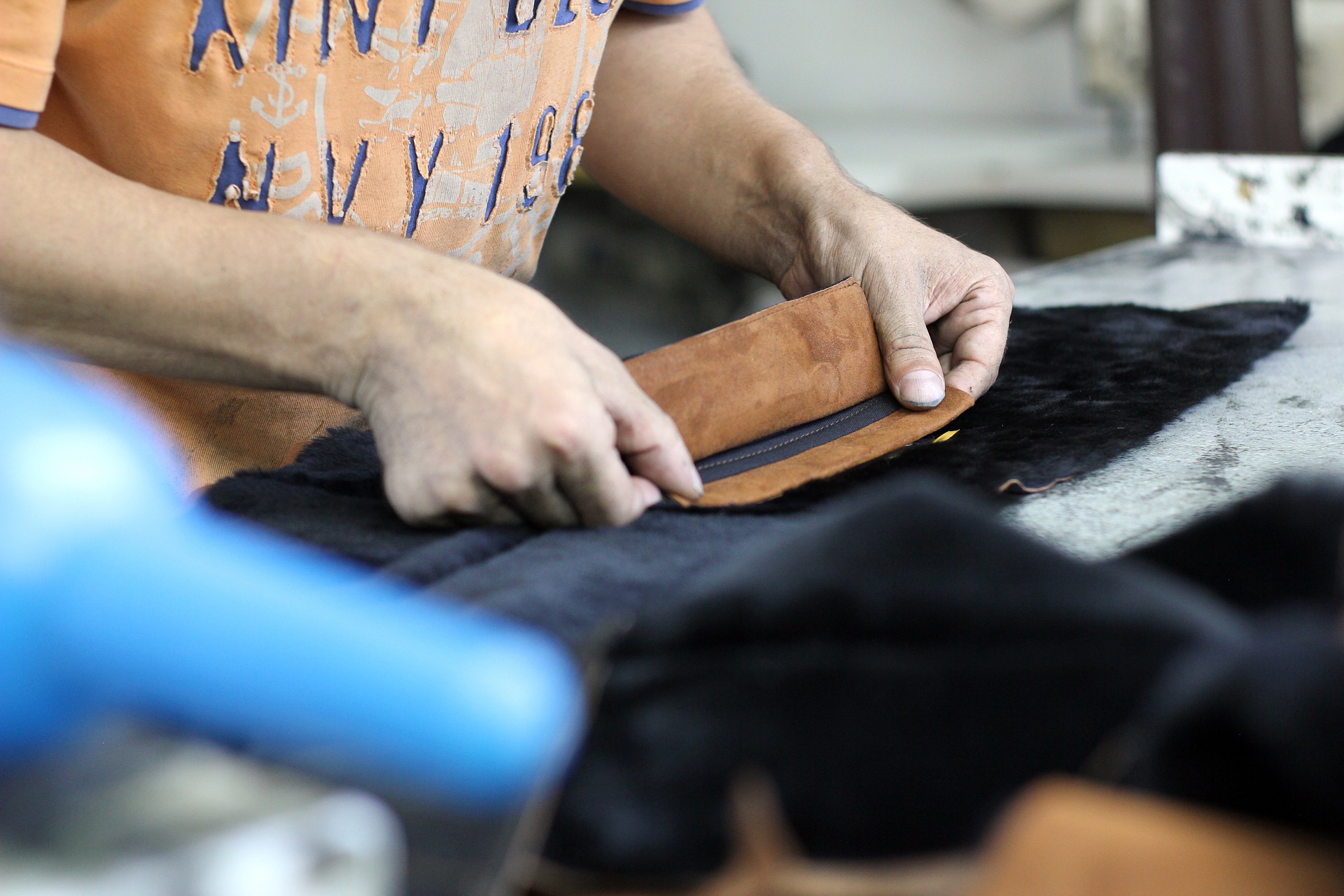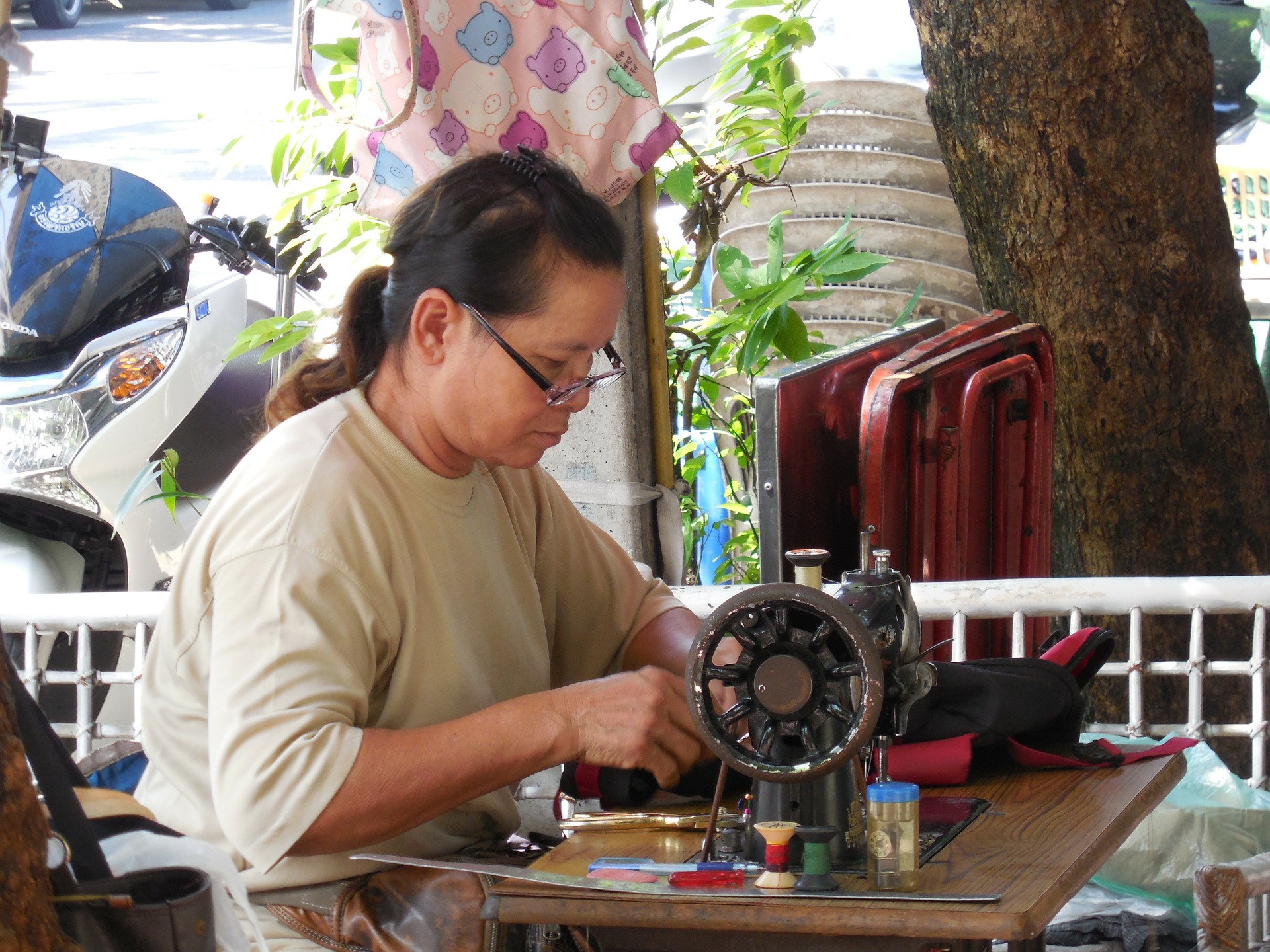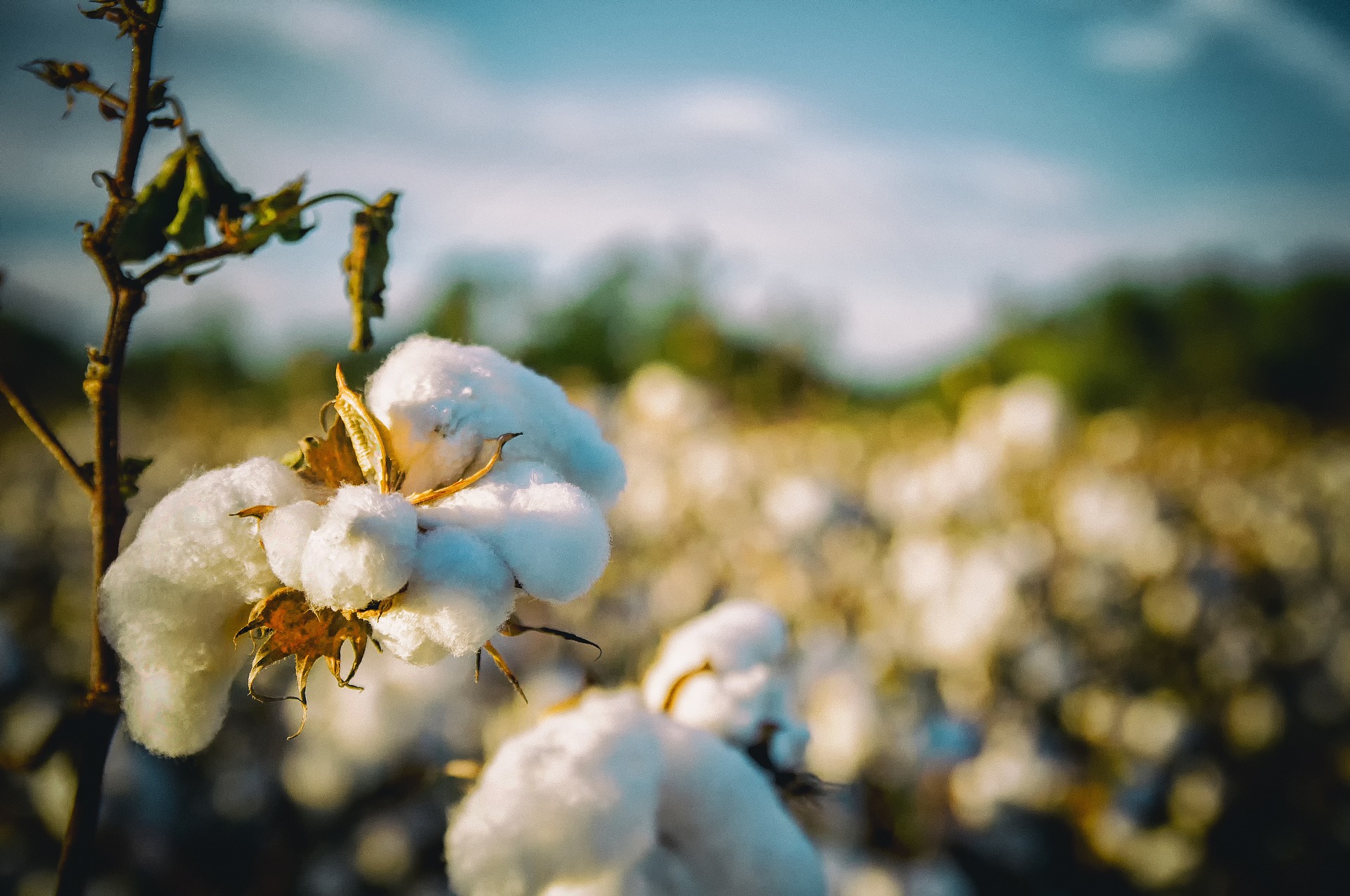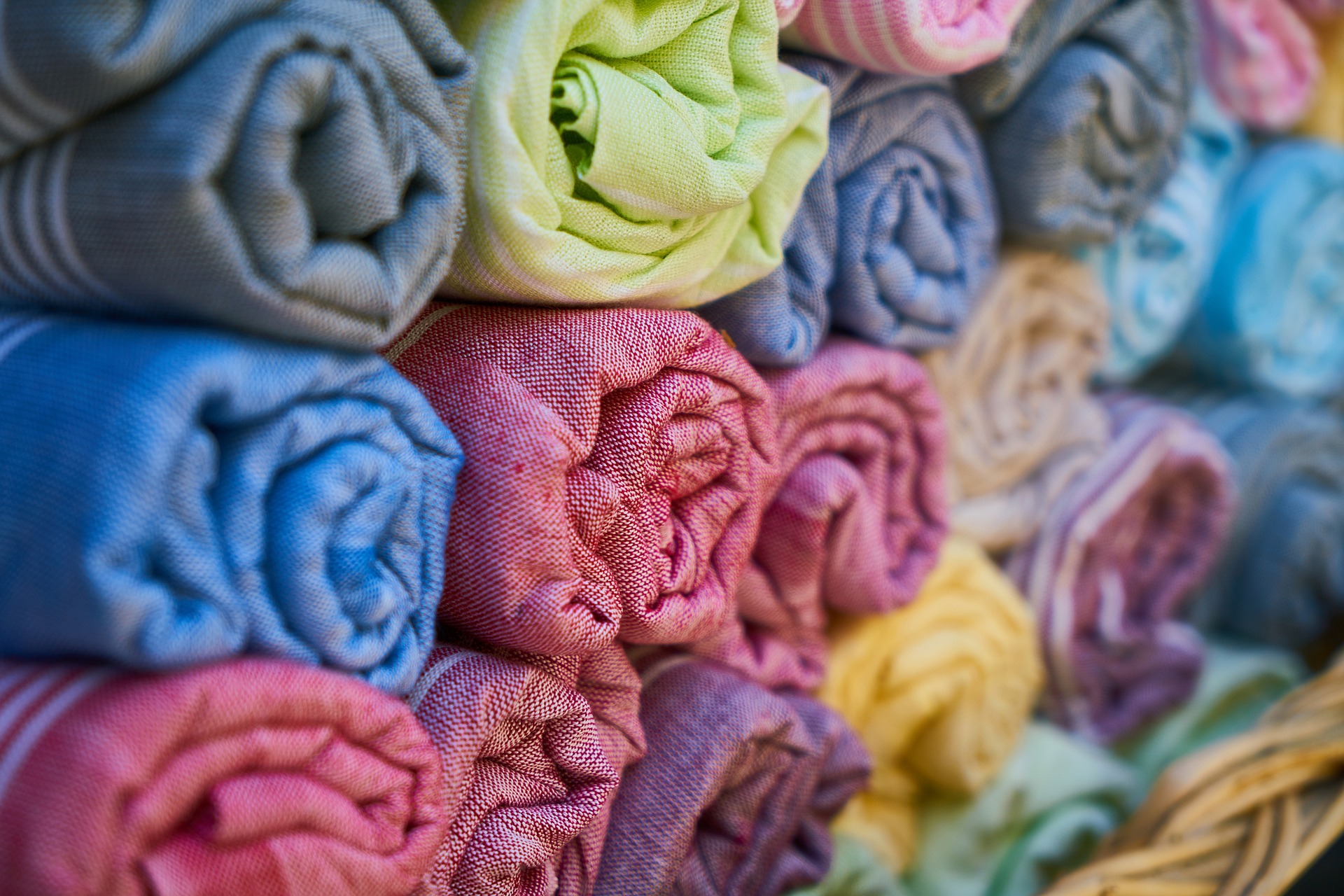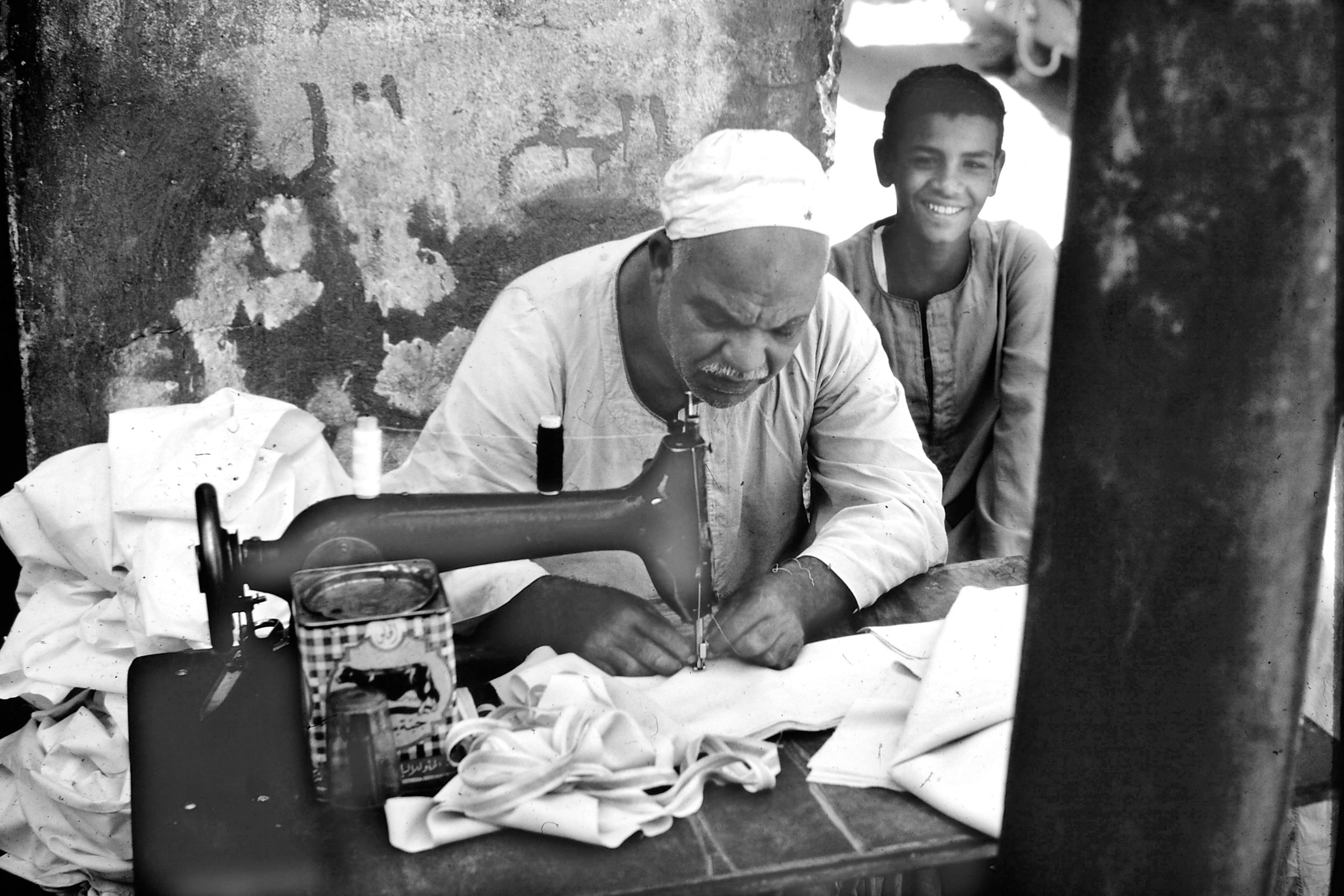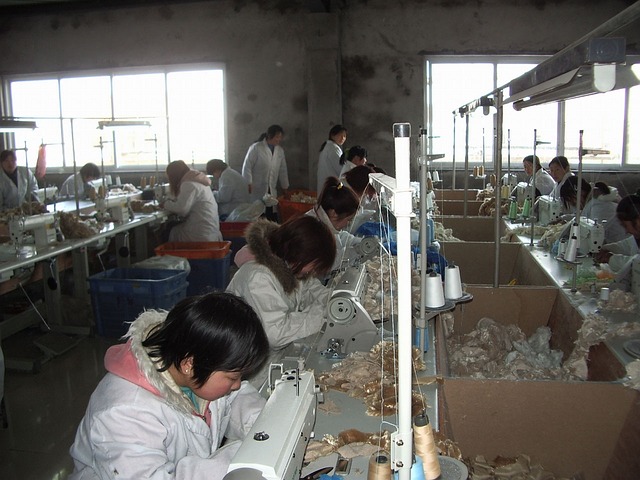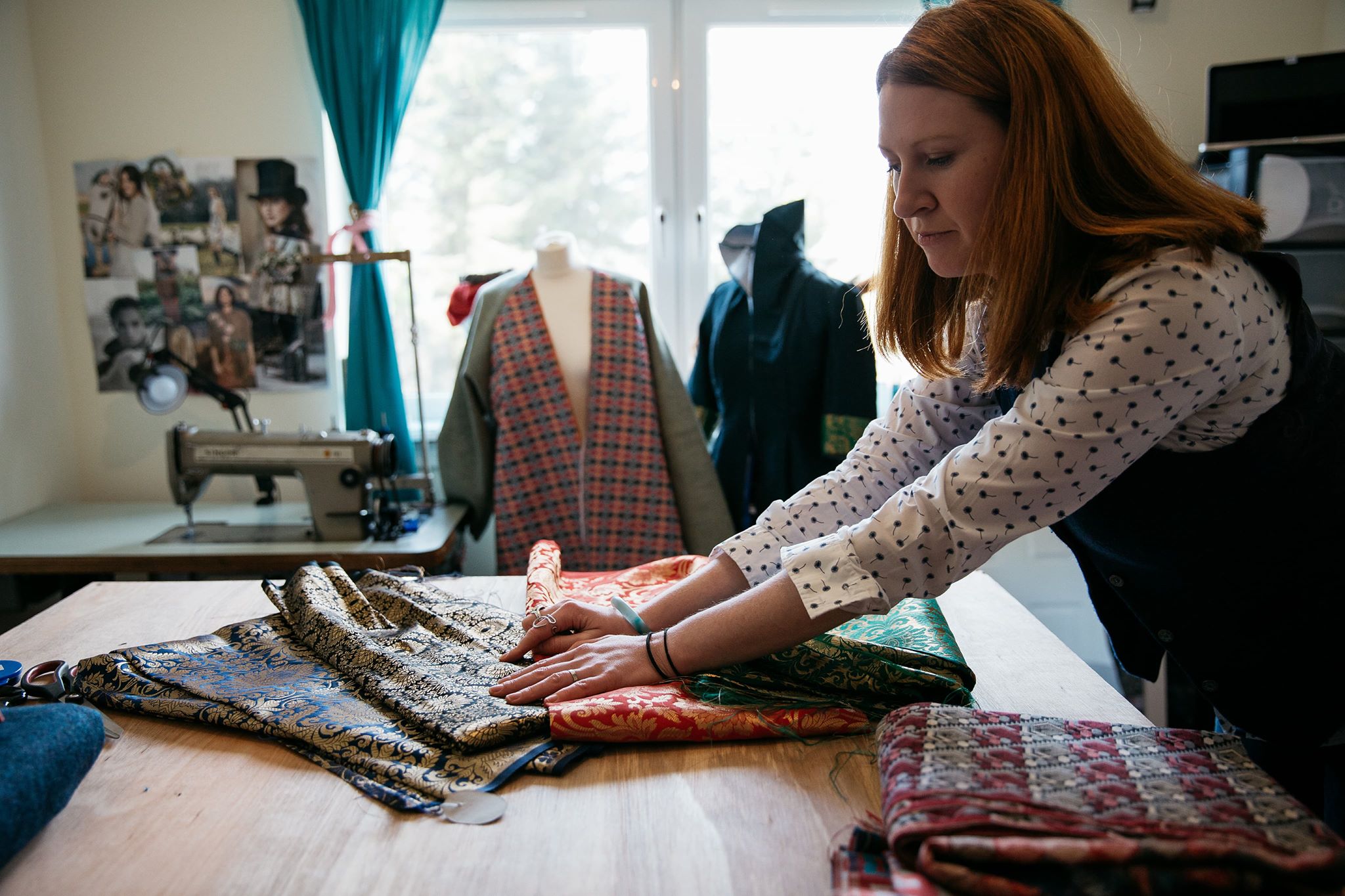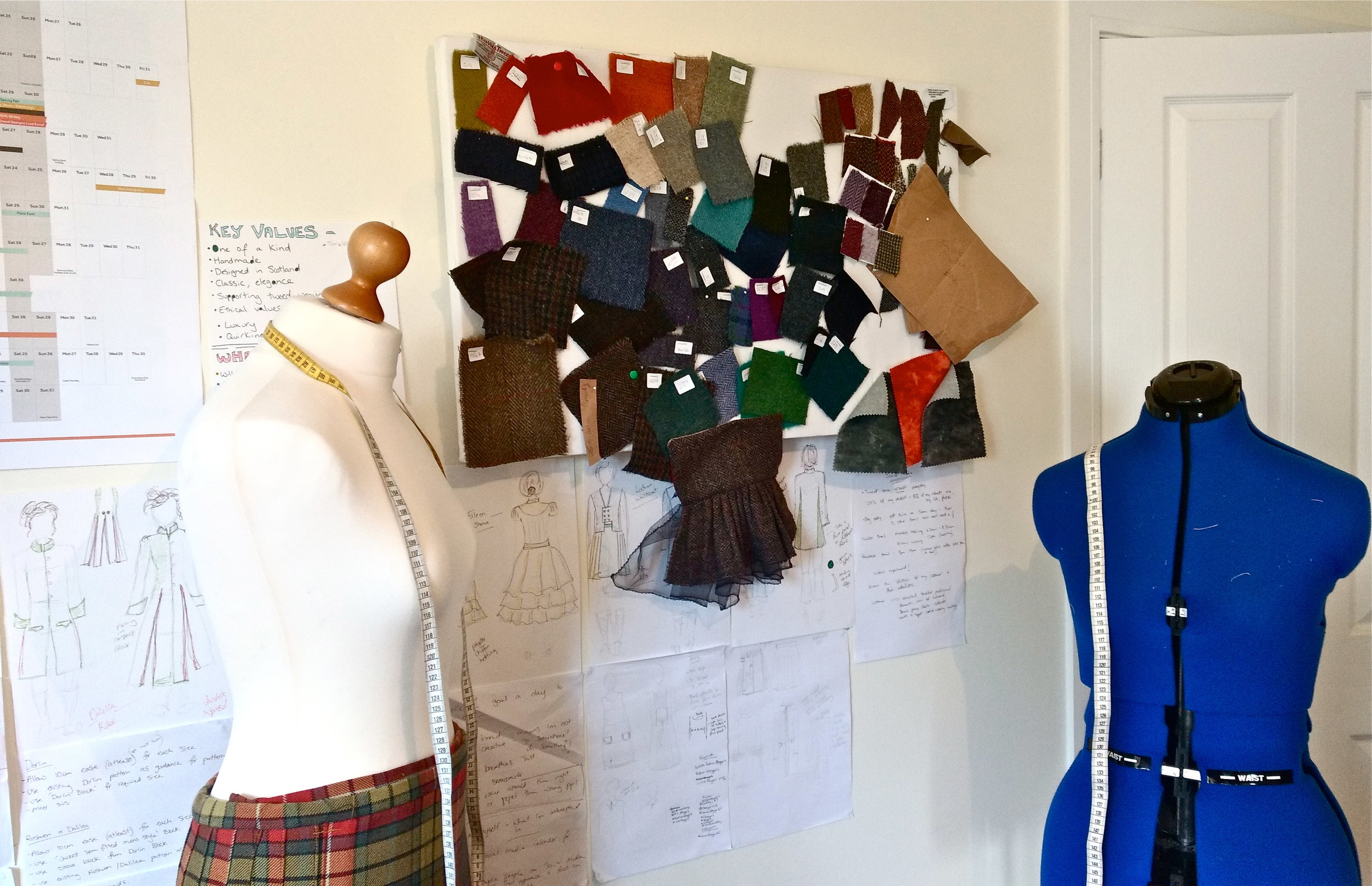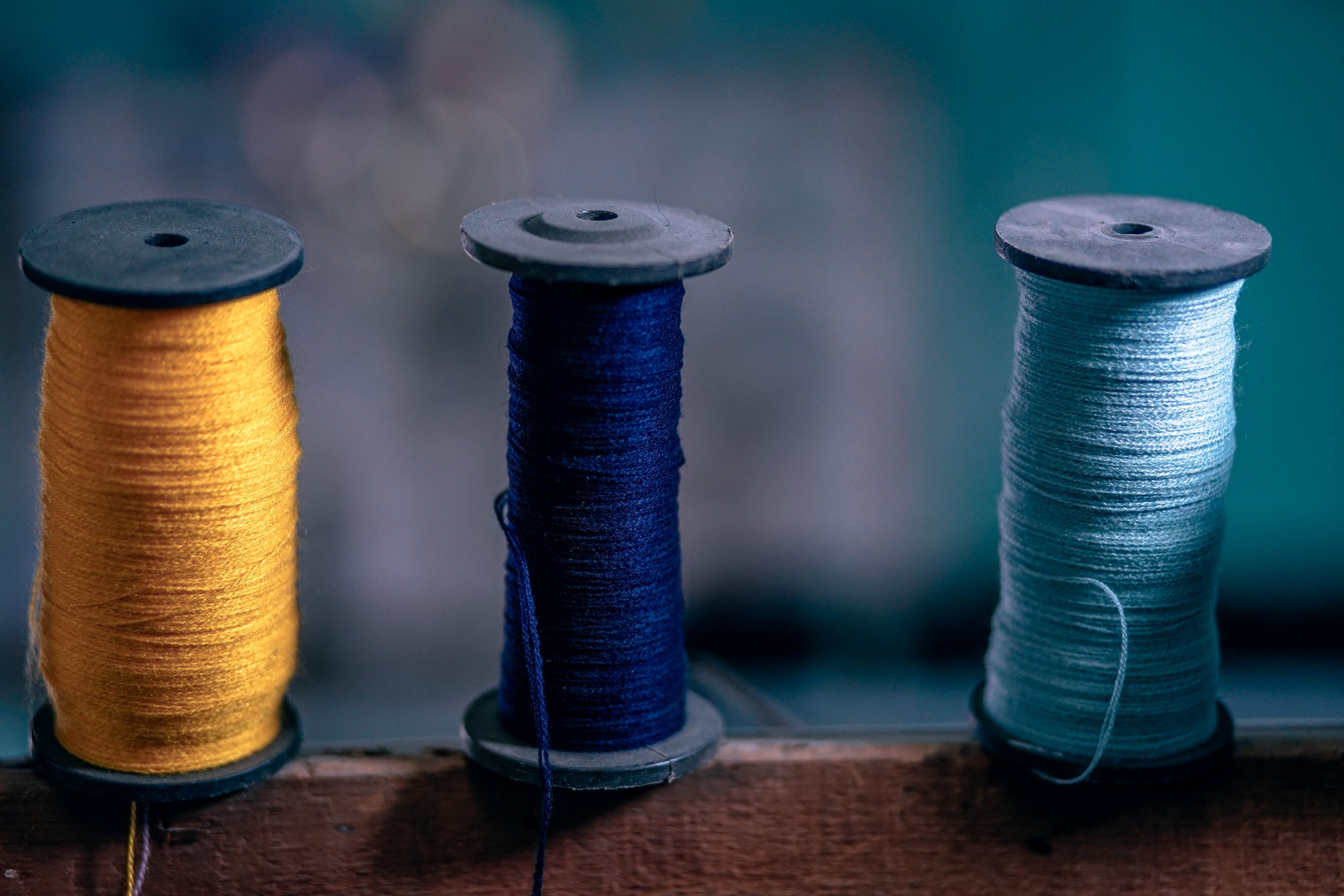Slow Down Fast Fashion
We have so much choice in today’s western world. We can choose anything that suits our mood at any given time - food, music, drink and clothing. We choose to pack our wardrobes/closets with variations of clothing to suit how we feel any day - dresses, jackets, scarves, trousers, skirts, tshirts, jumpers and cardigans in every colour. We are buying more and more but wearing less and less. Fast fashion is the second largest polluter in the world - the first being oil! After I heard this fact, I was in complete shock and wanted to know more.
Why do we feel we should follow fashion trends - we must keep up to date or be left behind? Can we blame the fashion industry, media? Particularly amongst younger girls, it is thought important to purchase that ‘must-have’ piece of clothing. It is the norm that people buy a new garment every week, wear it a couple of times then throw it the bin. This throwaway fashion is damaging to the environment, we need to be more conscious of what we’re buying and how we dispose it.
We are so used to buying clothing at cheap prices, a t-shirt can cost as little as a cup of coffee. I am baffled how garments can be so cheap, with the many costs involved in making one garment. Many processes and people’s skills go into making a garment -Designers, patternmakers, pattern cutters, machinist and the fabric produced to make the garment. how is the money being distributed? How is there enough to pay everyone involved?.
When I worked in a 9-5 office job, I would buy a new dress every other week - wanting something special for the weekend but not too expensive. Something as a treat, and for me to get the retail therapy fix. But when I think of it now, the dresses I got were never really a treat, I would wear them a couple of times and the whole experience of going into a shop to buy was stressful. Things like queuing for a fitting room, queuing for checkout and too many people in a clammy hot shop - I’m getting stressed even thinking about it! I really don’t know why I would want to buy something, and if I didn’t buy something I would feel a little disappointed with myself. I’m sure I’m not alone when I say this - I have spent time in front of my wardrobe looking at my clothes and panicking that I have nothing to wear! But the mass of clothing I have is too much and could be split between 2 more people. Why do we buy more and more clothing, when we end up wearing the same usual things on a weekly basis anyway? Are we trying to patch over a feeling of unhappiness? That in order to feel good we need something new to wear? Don’t get me wrong, I think it’s fantastic if you find a truly beautiful unique piece of clothing, that you fall in love with and use it many times over. Then passing it down to a daughter, friend, family member or to charity when it has served its purpose and is ready for a new home . I think that’s why I like doing bespoke work with a client, they ask me for something they would love to have, and I’m delighted to work to give them what they want.
Recently in the news, some huge fashion labels were caught destroying their previous collection in order to protect their brand. One brand in the UK did this last year, burning their unsold stock worth millions. overproducing is a problem - the energy it took to put into each one of those garments, to then be burnt. A waste and one that could have been avoided if there was no such thing as trends and pressures to keep up to date with new and current fashion trends. Various news articles commented that “luxury brands don't want poor people to wear the items” so they would rather destroy their products than put to charity shops.
Making fabrics can be harmful to the environment too - in order to grow cotton it requires a high level of water and pesticides to prevent crop failure, which can be a huge problem as countries that produce cotton can have drought problems. But if there was not such huge quantities of clothing being made then we could monitor the way to make fabrics. I believe everything should be scaled back, smaller clothing labels producing smaller collections - minimising any wasted stock.
All these facts aside, the list could still continue. Not just the fabric itself but other important issues including modern day slavery and horrific tragedies like the 2013 factory collapse in Bangladesh. Every other week there is more news from factory workers and the ordeals they go through in order to work for huge brands that profit, while the poor workers remain poor in dreadful conditions.
For me and my clothing brand it’s me designing and making the garments. I try to use locally sourced fabrics - from linings, tweeds and velvets. If the fabrics are not local, then the item of clothing is made by only me and any scraps of fabrics I try to make something from, or give to a crafter to use the small fabric pieces. Making sure nothing goes to waste.
There is still a long way to go, but what’s great is we are talking about this. People are questioning the ethics behind fashion brands, that fashion labels can no longer ignore. if I was to offer some tips to make little changes here and there, I would encourage everyone to make one item of clothing for themselves. Just to see the processes involved and the care and time it takes to make something. You might discover you love it and want to make more! Something I’m going to do is to Shop Smart - going to charity shops and vintage stores can be a fun way to get the retail therapy fix. And then very occasionally buy an investment piece that you plan to use years to come (not just for one season). Don’t look at trends, everything in fashion comes back - the fashion police will not arrest you!
You are you, wear what makes you feel good and don’t let others tell you what you should and shouldn’t wear.
Lx

